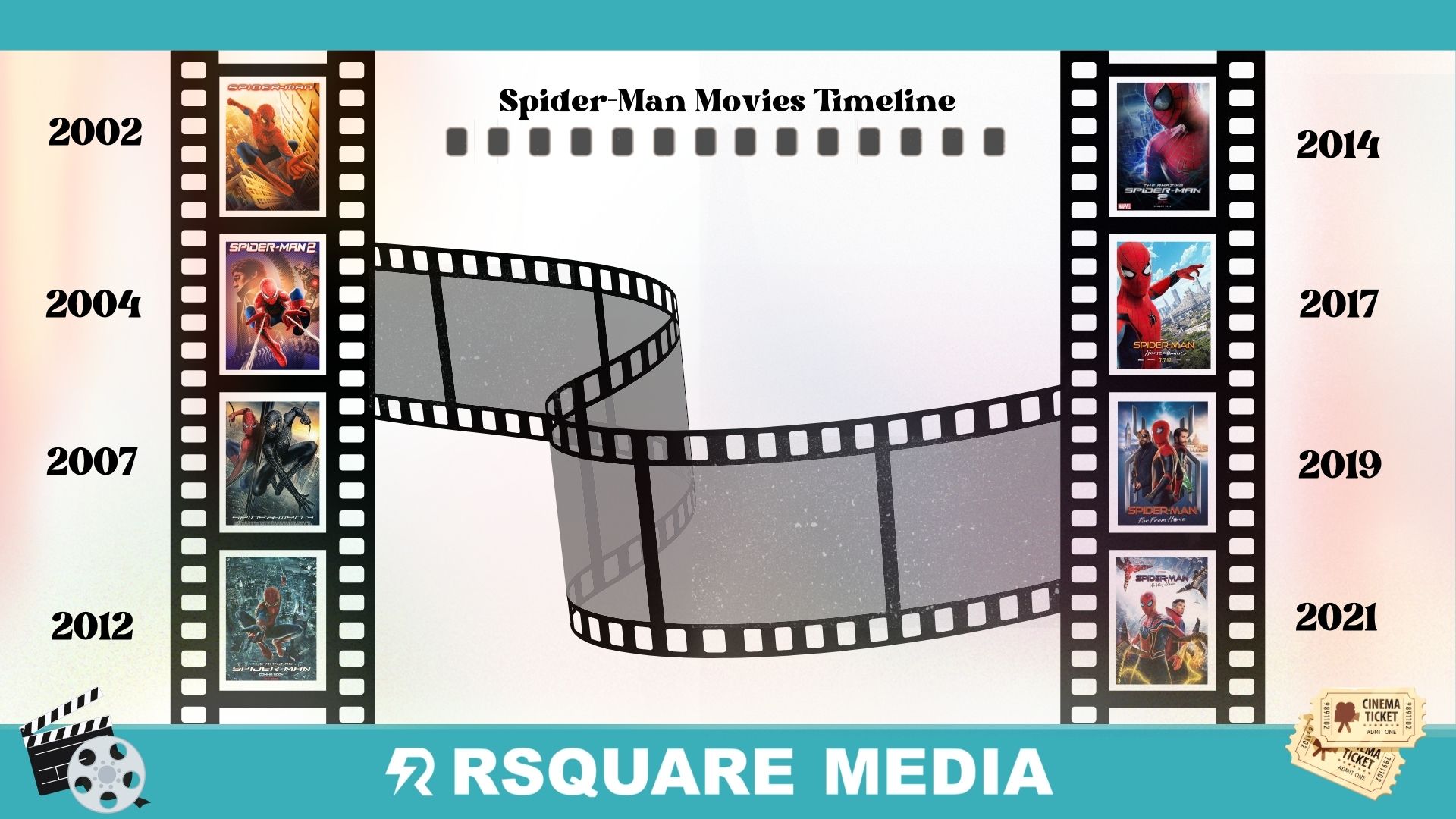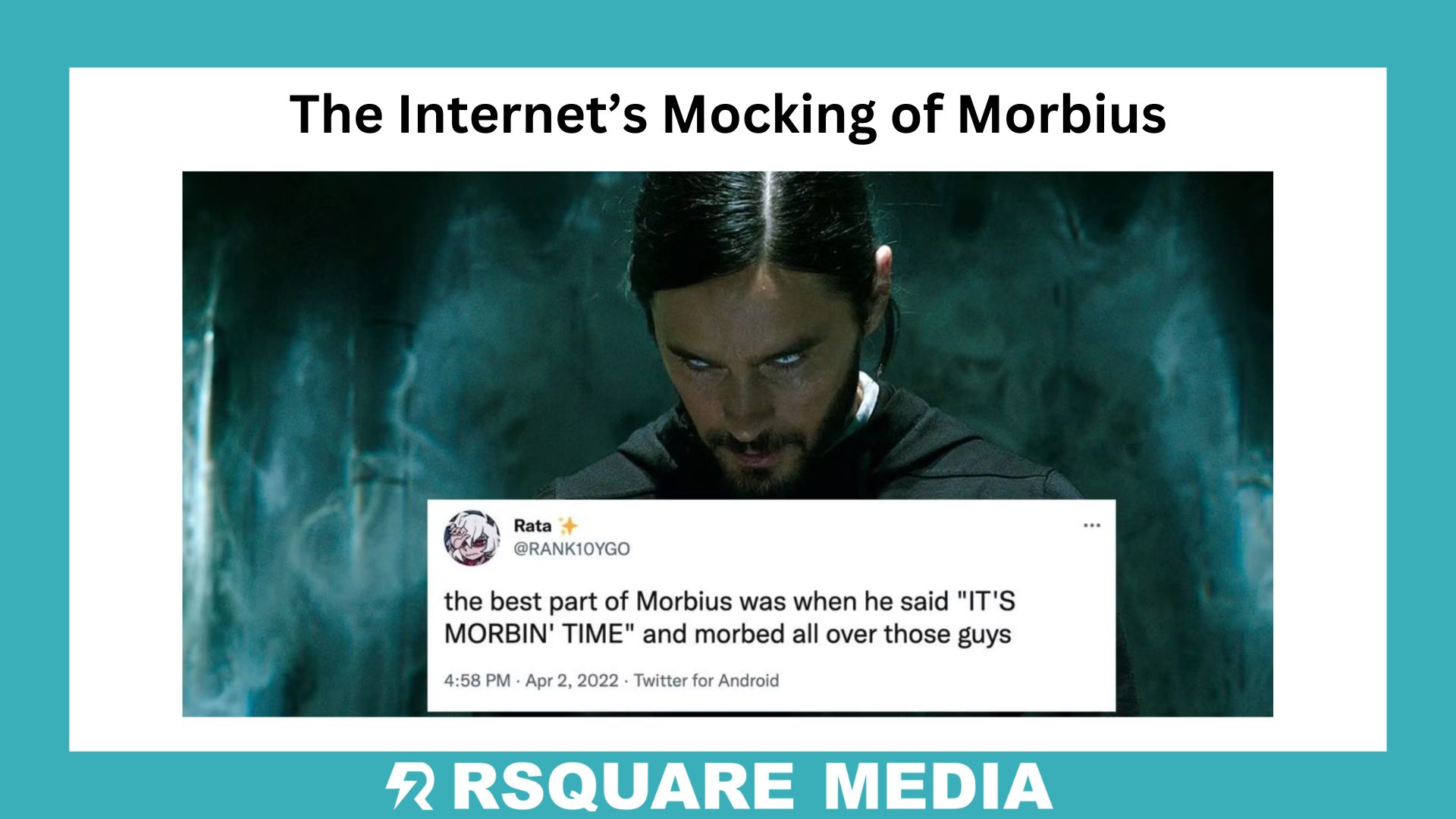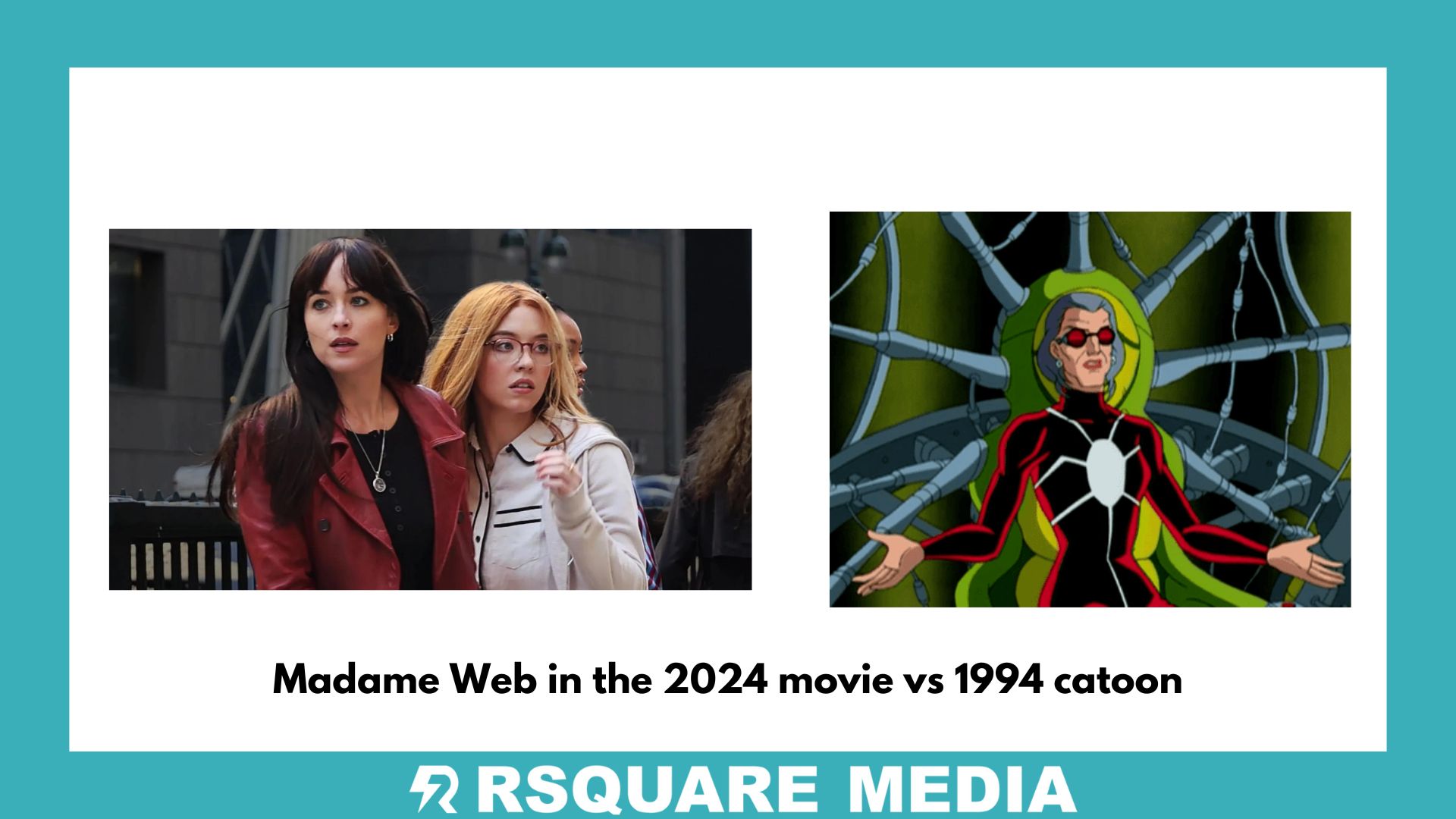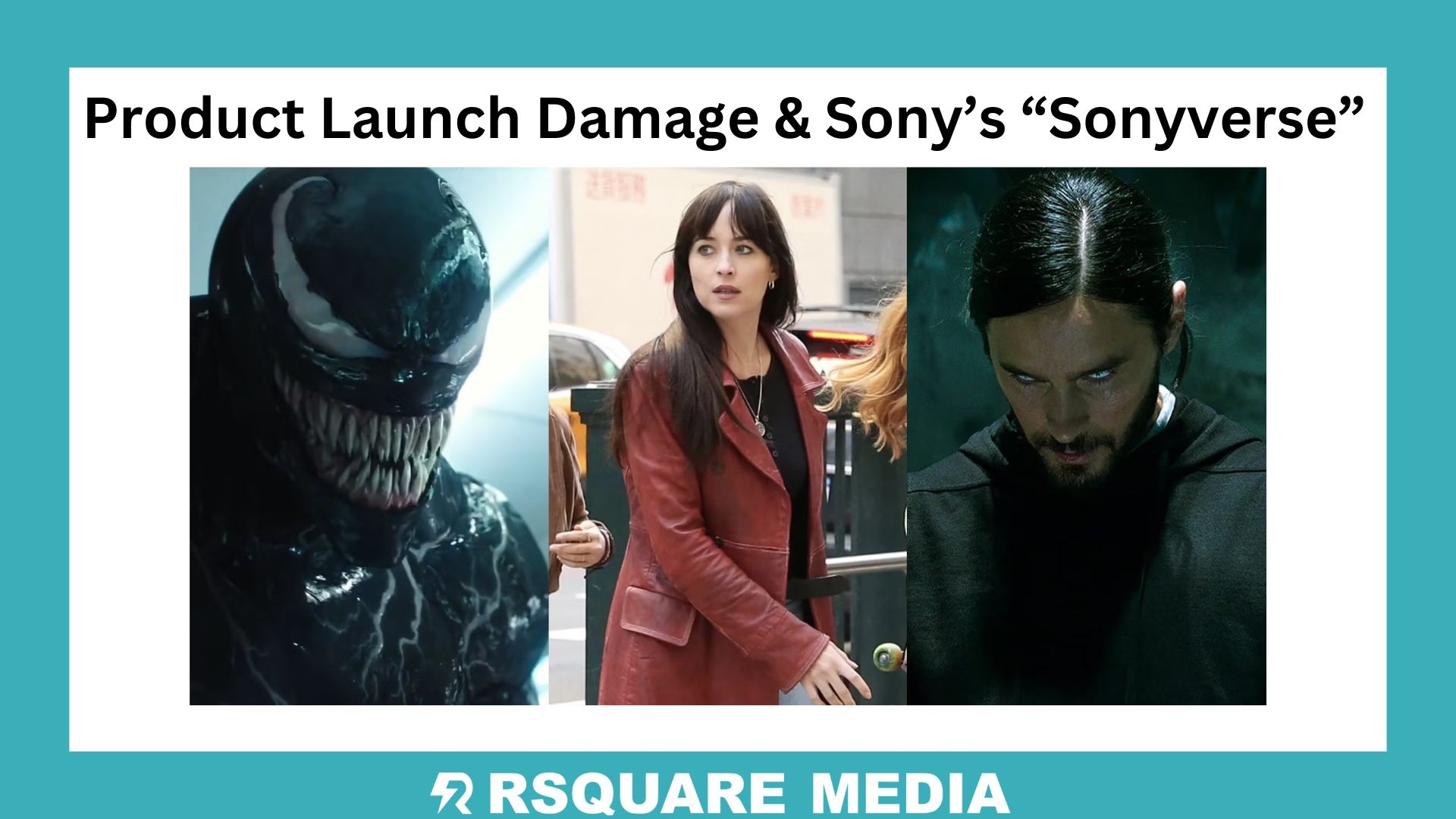The Sonyverse: A Spider-Man Universe Without Spider-Man? The Rise, Fall, and Future of Sony’s Superhero Gamble
In 2016, Sony dared to ask the question, “What if we made a Spider-Man universe without Spider-Man, focusing solely on his villains as anti-heroes?” Every Marvel fan responded with, “What’s the point of that?” The answer was simple: money—and, more importantly, retaining the rights to Spider-Man films. Thus, Sony embarked on an ambitious journey to establish its own superhero universe, a Product Launch now known as the Sonyverse.
This venture is an unusual chapter in the world of superhero cinema, with as many hits as well as misses. As we dive into the fascinating history of this universe, it becomes clear that while the Sonyverse may have been born out of business necessity, it reflects both the promise and pitfalls of building a superhero franchise without its titular hero.

The Origins of Sony’s Spider-Man Rights: From Raimi to Reboots
The Sonyverse traces its roots back to 1999 when Sony acquired the cinematic rights to Spider-Man and his vast array of associated characters and villains. This pivotal acquisition gave Sony control over characters such as Venom, Kraven the Hunter, and Morbius—a valuable asset as the superhero film genre exploded in popularity. When the Marvel Cinematic Universe gained popularity, Sony decided to strike a deal with Marvel Studios (now owned by Disney) regarding use of the characters film rights.
Click here to read an exciting article about Product Launch
Rsquare Media is an expert in Product Launch, and we’re happy to help you optimize your launch to maximize your success. Click here to schedule a free Discovery Call.
The Raimi Trilogy: A Superhero Success Story with a Mixed Ending
Sony’s first foray into Spider-Man films came with Sam Raimi’s trilogy, starring Tobey Maguire. The initial film, Spider-Man (2002), was a groundbreaking success. With a $139 million budget, it grossed $825 million at the global box office and became the first movie to break $100 million during its opening weekend. Spider-Man 2 (2004), with a $200 million budget, earned $789 million, solidifying the franchise’s status as a box-office juggernaut.
However, Spider-Man 3 (2007) was less warmly received. Despite earning $895 million, it suffered from overcrowded plot lines involving three underdeveloped villains—Venom, Sandman, and the new Green Goblin. Plans for a fourth film featuring John Malkovich as the Vulture were scrapped due to creative disputes and multiple rejected screenplays. Instead, Sony chose to reboot the series.
Click here to read an exciting article about Storytelling
Rsquare Media is an expert in Storytelling, and we’re happy to help you tailor your storytelling to connect with your audience. Click here to schedule a free Discovery Call.
The Amazing Spider-Man Duology: Success or Misfire?
Sony turned to Marc Webb to reboot the franchise with Andrew Garfield in The Amazing Spider-Man (2012). Despite a strong start with $758 million earned on a $230 million budget, the rebooted universe struggled to maintain momentum. The sequel, The Amazing Spider-Man 2 (2014), grossed $709 million, falling short of expectations and receiving mixed reviews for its muddled storytelling and underwhelming villain arcs.
Plans for The Amazing Spider-Man 3 and 4, along with spin-offs like The Sinister Six and Venom, were abandoned. This led to a groundbreaking collaboration with Marvel Studios, allowing Spider-Man to join the MCU, with Tom Holland taking on the role of Peter Parker.
Click here to read an exciting article about Storytelling
Rsquare Media is an expert in Storytelling, and we’re happy to help you tailor your storytelling to connect with your audience. Click here to schedule a free Discovery Call.
The MCU Partnership: Spider-Man’s Revival and Sony’s Backup Plan
The integration of Spider-Man into the MCU breathed new life into the character. Directed by Jon Watts, Tom Holland’s Spider-Man starred in three standalone films:
- Spider-Man: Homecoming (2017) – $880 million box office on a $175 million budget
- Spider-Man: Far From Home (2019) – $1.132 billion on a $160 million budget
- Spider-Man: No Way Home (2021) – $1.922 billion on a $200 million budget
“No Way Home” was especially beloved, reuniting fans with Garfield and Maguire in an emotional multiverse crossover. While Sony retained the rights to produce solo Spider-Man films, the partnership ensured Spider-Man remained tied to the MCU. At the same time, Sony set its sights on building a parallel universe—the Sonyverse, centered around Spider-Man’s villains.
Click here to read an exciting article about Storytelling
Rsquare Media is an expert in Storytelling, and we’re happy to help you tailor your storytelling to connect with your audience. Click here to schedule a free Discovery Call.
The Birth of the Sonyverse: Venom’s Surprising Success

The Sonyverse officially began with the release of Venom (2018), directed by Ruben Fleischer and starring Tom Hardy as Eddie Brock. Rather than follow the traditional Spider-Man story, Sony chose to focus on Venom as a standalone anti-hero. With a budget of $116 million, Venom earned $856 million at the box office—proving that a Spider-Man-less film could be a financial success.
Critics were divided, but audiences enjoyed Hardy’s quirky portrayal of Brock and the chaotic relationship between Eddie and his symbiotic partner. The success of Venom gave Sony the green light to expand the Sonyverse further.
Click here to read an exciting article about Product Launch
Rsquare Media is an expert in Product Launch, and we’re happy to help you optimize your launch to maximize your success. Click here to schedule a free Discovery Call.
Morbius: A Meme-Fueled Disaster
Sony’s next step was Morbius (2022), starring Jared Leto as the titular vampire anti-hero. Originally slated for release in 2020, the film suffered multiple delays, raising questions about its quality. Upon release, Morbius was met with scathing reviews, with critics panning Leto’s wooden performance and confusing narrative choices.
The film generated $167 million on an $83 million budget but became infamous for a wave of ironic memes—most notably, the fake quote, “It’s Morbin’ time!” Misinterpreting the meme-driven hype as genuine interest, Sony re-released the film, only for it to flop a second time. A petition soon emerged jokingly urging Sony to re-release the movie again, claiming, “We were all busy that day.”
Click here to read an exciting article about Product Launch
Rsquare Media is an expert in Product Launch, and we’re happy to help you optimize your launch to maximize your success. Click here to schedule a free Discovery Call.
Venom: Let There Be Carnage – Doubling Down on Chaos
In 2021, Sony followed up Venom with Venom: Let There Be Carnage, which leaned further into the odd-couple dynamic between Eddie Brock and Venom. Starring Woody Harrelson as Carnage, the film explored the conflict between Brock and the deranged serial killer Cletus Kasady. While it didn’t earn as much as its predecessor, Venom: Let There Be Carnage still grossed $507 million on a $110 million budget and was the seventh highest-grossing film of 2021.
The mid-credit scene teasing Venom’s potential clash with Holland’s Spider-Man raised fan expectations, but Sony has yet to deliver on that promise.
Click here to read an exciting article about Storytelling
Rsquare Media is an expert in Storytelling, and we’re happy to help you tailor your storytelling to connect with your audience. Click here to schedule a free Discovery Call.

Madame Web: A Curious Misfire
Released in 2024, Madame Web offered a bizarre twist on the Spider-Man mythos. Instead of the classic elderly psychic from the comics, the film introduced Cassandra Webb, a younger, clairvoyant character connected to Spider-Women and Ben Parker. With a budget of $80 million, the film earned only $77 million—falling short of profitability.
Critics labeled the film “funny-bad,” an unintended compliment suggesting that the movie entertained through its flaws. Fans wondered whether this film signaled the end of Sony’s Spider-Man-less universe experiment.
Click here to read an exciting article about Storytelling
Rsquare Media is an expert in Storytelling, and we’re happy to help you tailor your storytelling to connect with your audience. Click here to schedule a free Discovery Call.
What’s Next? The Future of the Sonyverse
Sony’s next project, Kraven the Hunter, starring Aaron Taylor-Johnson, is slated for release in August 2024. Like Morbius, the film focuses on another of Spider-Man’s classic villains-turned-anti-heroes. However, fan enthusiasm is lukewarm, with many wondering if Sony can sustain a universe built around Spider-Man’s rogues gallery without Spider-Man himself.

Beyond Kraven, Sony continues to develop spin-offs, including projects centered around Black Cat, Silver Sable, and the Sinister Six. Yet, with the mixed reception of recent films, the future of the Sonyverse remains uncertain. Will Sony course-correct and align its universe with the MCU, or will it continue down its current path, driven more by corporate strategy than creative vision?
Click here to read an exciting article about Product Launch
Rsquare Media is an expert in Product Launch, and we’re happy to help you optimize your launch to maximize your success. Click here to schedule a free Discovery Call.
Final Thoughts: The Sonyverse’s Strange Legacy
The Sonyverse stands as a curious case in superhero cinema—a franchise born from business necessity rather than fan demand. While Venom proved that audiences are open to unconventional stories, films like Morbius and Madame Web highlight the risks of venturing too far from the familiar Spider-Man narrative.
Nevertheless, the Sonyverse offers a fascinating glimpse into the possibilities of superhero storytelling. Whether it evolves into a lasting franchise or becomes a footnote in cinema history, one thing is certain: the enduring popularity of Spider-Man ensures that fans will always be watching, even if it’s just to laugh at the misfires.
For studios like Sony looking to navigate the complex world of superhero films, Rsquare Media Reputation Management can help amplify successes and mitigate the impact of failures. Click here and let Rsquare Media help you elevate your Product Launch.

